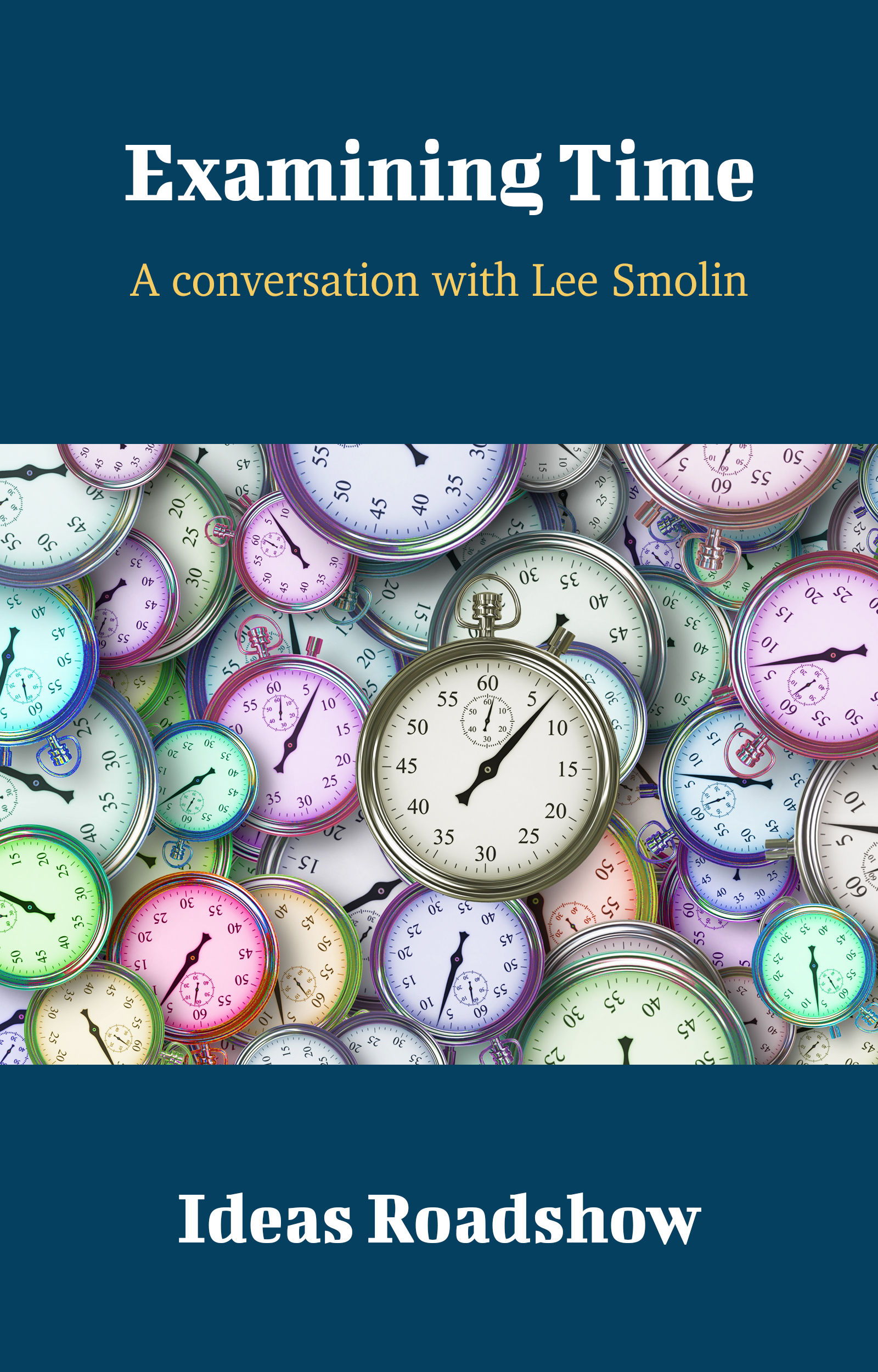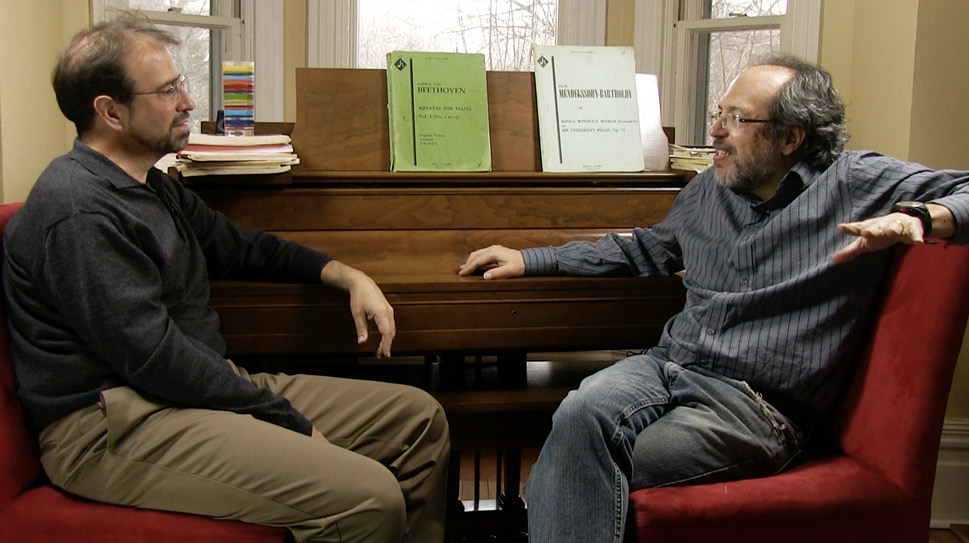Howard Burton - Examining Time: A Conversation with Lee Smolin
Here you can read online Howard Burton - Examining Time: A Conversation with Lee Smolin full text of the book (entire story) in english for free. Download pdf and epub, get meaning, cover and reviews about this ebook. year: 2021, publisher: Open Agenda Publishing, genre: Religion. Description of the work, (preface) as well as reviews are available. Best literature library LitArk.com created for fans of good reading and offers a wide selection of genres:
Romance novel
Science fiction
Adventure
Detective
Science
History
Home and family
Prose
Art
Politics
Computer
Non-fiction
Religion
Business
Children
Humor
Choose a favorite category and find really read worthwhile books. Enjoy immersion in the world of imagination, feel the emotions of the characters or learn something new for yourself, make an fascinating discovery.

- Book:Examining Time: A Conversation with Lee Smolin
- Author:
- Publisher:Open Agenda Publishing
- Genre:
- Year:2021
- Rating:5 / 5
- Favourites:Add to favourites
- Your mark:
Examining Time: A Conversation with Lee Smolin: summary, description and annotation
We offer to read an annotation, description, summary or preface (depends on what the author of the book "Examining Time: A Conversation with Lee Smolin" wrote himself). If you haven't found the necessary information about the book — write in the comments, we will try to find it.
This book is based on an in-depth conversation between Howard Burton and Lee Smolin who is a faculty member of Perimeter Institute for Theoretical Physics. The basis of this wide-ranging conversation are Lee Smolins books Life of the Cosmos and Time Reborn. This detailed discussion offers an investigation of time, both what it is and how the true nature of it impacts our world and future and provides behind-the scenes insights into the development of Lee Smolins groundbreaking theory on the nature of time.
This carefully-edited book includes an introduction, Full Circle, and questions for discussion at the end of each chapter:
I. Physics via Architecture - The power of Einstein
II. Justifying the Laws - Two possibilities
III. Collaboration - Physics meets politics
IV. Rolling Up Our Sleeves - Towards overcoming tautologies
V. Cosmological Natural Selection - Evolutionary details
VI. The Meta-law Dilemma - Harder and harder
VII. Scientific Impact - Implications, applications and responses
VIII. Making A Difference - The heart of the matter
About Ideas Roadshow Conversations Series (100 books):
Presented in an accessible, conversational format, Ideas Roadshow books not only explore frontline academic research featuring world-leading researchers, including 3 Nobel Laureates, but also reveal the inspirations and personal journeys behind the research. Howard Burton holds a PhD in physics and an MA in philosophy, and was the Founding Director of Canadas Perimeter Institute for Theoretical Physics.
Howard Burton: author's other books
Who wrote Examining Time: A Conversation with Lee Smolin? Find out the surname, the name of the author of the book and a list of all author's works by series.








